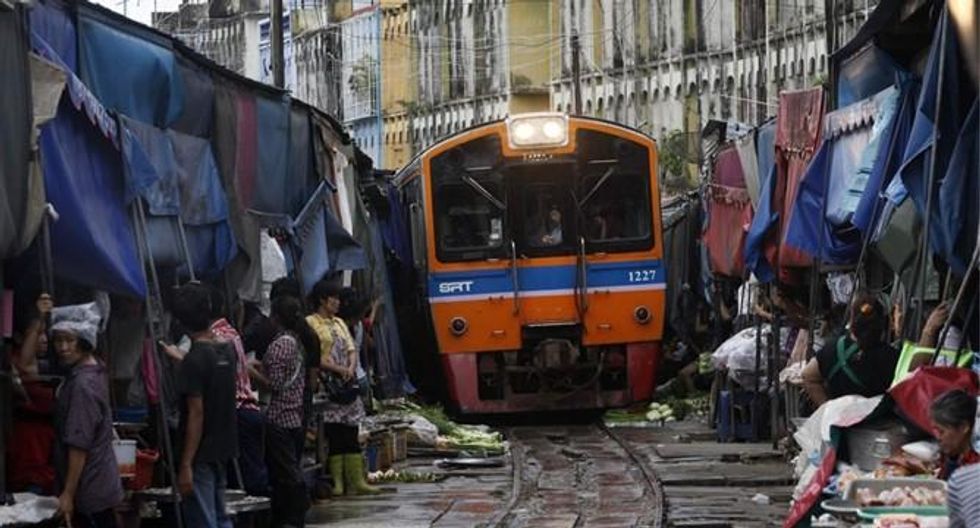Here in India, even in the midst of all the violence and greed, there is still hope. If anyone can do it, we can. We still have a population that has not yet been completely colonized by that consumerist dream.
We have a living tradition of those who have struggled for Gandhi's vision of sustainability and self-reliance, for socialist ideas of egalitarianism and social justice. We have Ambedkar's vision, which challenges the Gandhians as well as the socialists in serious ways. We have the most spectacular coalition of resistance movements, with their experience, understanding and vision.
Most important of all, India has a surviving adivasi (aboriginal) population of almost 100 million. They are the ones who still know the secrets of sustainable living. If they disappear, they will take those secrets with them. Wars like Operation Green Hunt will make them disappear. So victory for the prosecutors of these wars will contain within itself the seeds of destruction, not just for adivasis but, eventually, for the human race. That's why we need a real and urgent conversation between all those political formations that are resisting this war.
The day capitalism is forced to tolerate non-capitalist societies in its midst and to acknowledge limits in its quest for domination, the day it is forced to recognize that its supply of raw material will not be endless, is the day when change will come.
If there is any hope for the world at all, it does not live in climate-change conference rooms or in cities with tall buildings. It lives low down on the ground, with its arms around the people who go to battle every day to protect their forests, their mountains and their rivers because they know that the forests, the mountains and the rivers protect them.
The first step toward re-imagining a world gone terribly wrong would be to stop the annihilation of those who have a different imagination - an imagination that is outside of capitalism as well as communism. An imagination which has an altogether different understanding of what constitutes happiness and fulfillment.
To gain this philosophical space, it is necessary to concede some physical space for the survival of those who may look like the keepers of our past but who may really be the guides to our future. To do this, we have to ask our rulers: Can you leave the waters in the rivers, the trees in the forest? Can you leave the bauxite in the mountain? If they say they cannot, then perhaps they should stop preaching morality to the victims of their wars.
This article is excerpted from her recent book, Walking with the Comrades, in which Arundhati reflects on her time spent with Maoist guerrilla insurgents in India.




